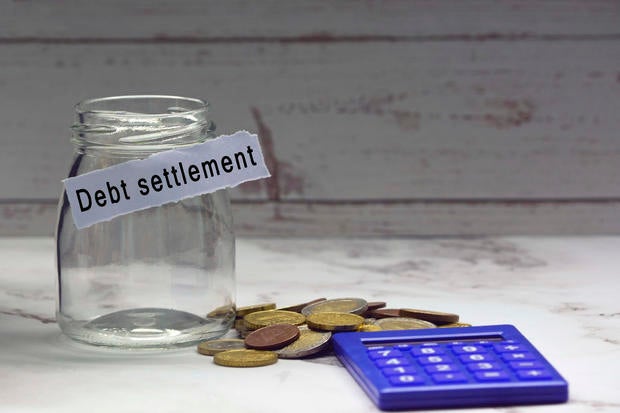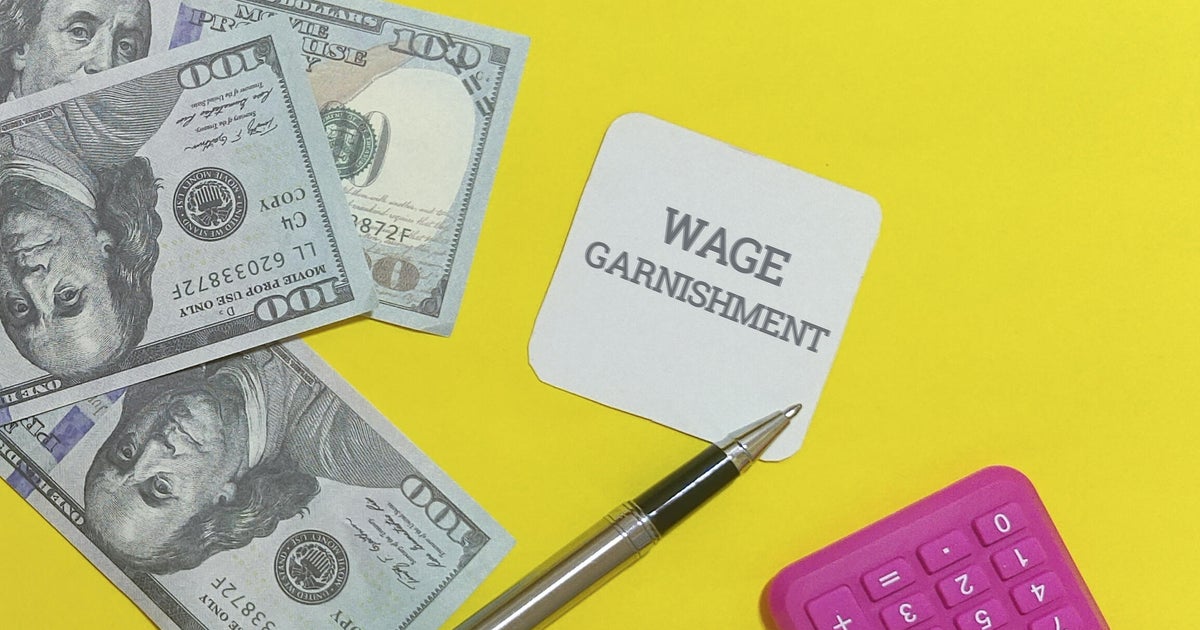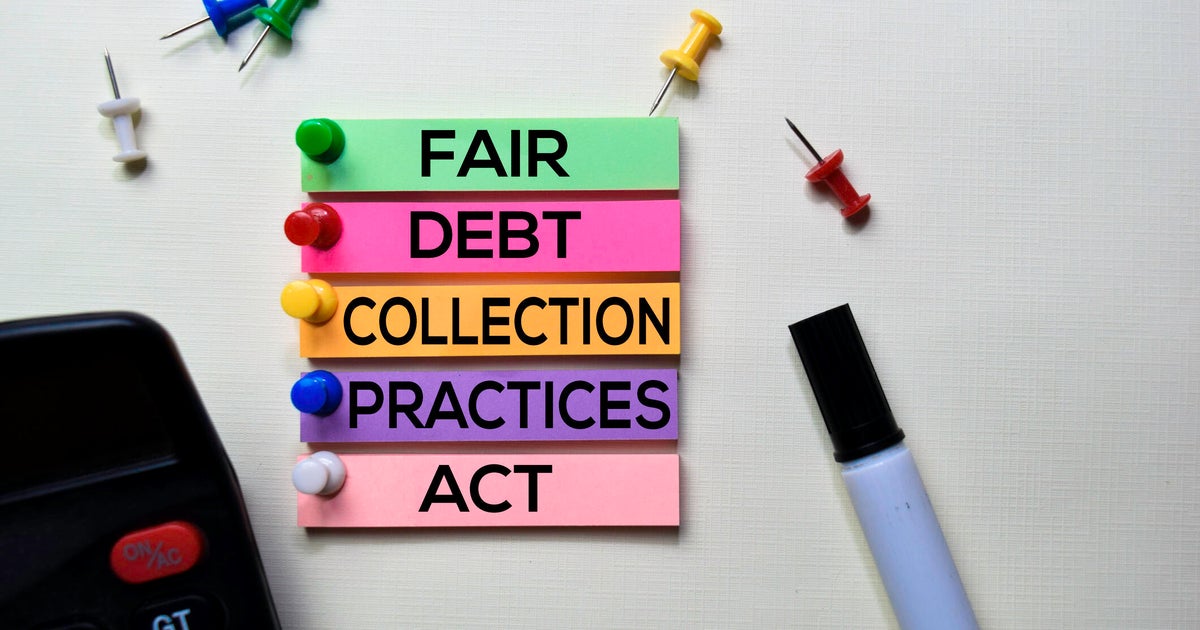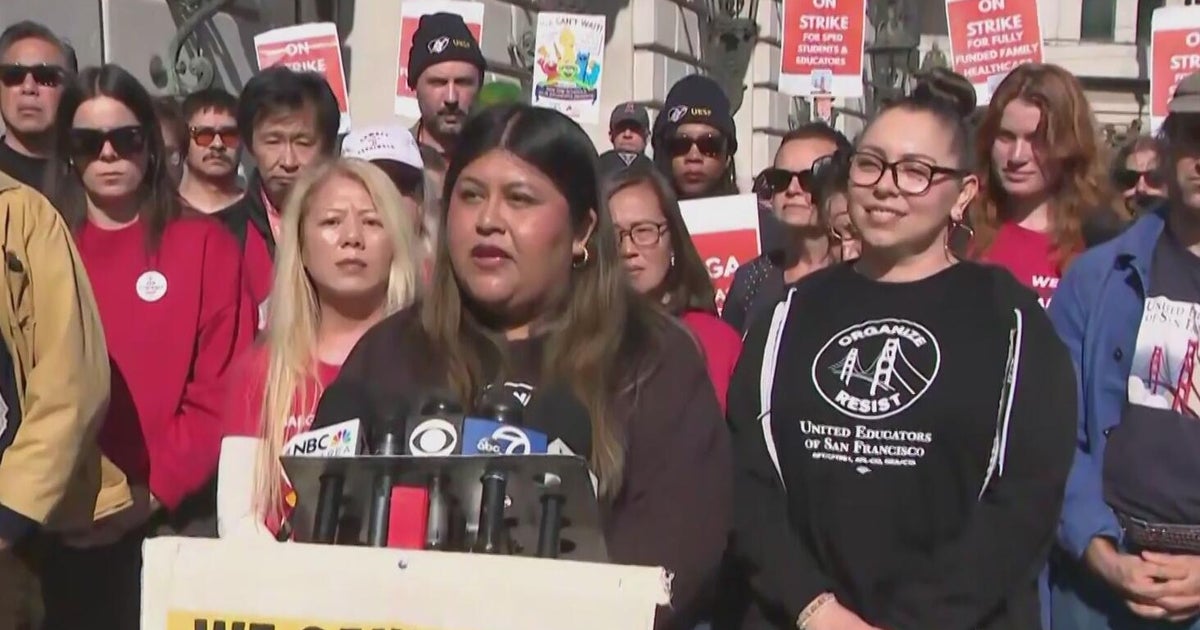Can a debt collector refuse my settlement offer?
Americans have faced a range of difficult economic issues over the past few years, many of which have had a big impact on their finances. For starters, while inflation has cooled compared to recent highs, many essentials, including housing, groceries and healthcare, now have much higher price tags than they did in 2020 and 2021. That, in turn, has forced many people to rely on credit cards to bridge the gap between income and expenses. But for millions of Americans, what started as a temporary reliance on credit cards has since evolved into a crushing burden that threatens their long-term financial stability.
The average American credit card holder now carries a balance of approximately $8,000, and one in five cardholders is currently maxed out. This surge in credit card utilization isn't merely a statistical concern, either — it represents real people making difficult choices between paying off debt and meeting basic needs. And with credit card interest rates also sitting at historic highs, averaging over 23% APR currently, many borrowers are trapped in a cycle of making minimum payments while watching their balances grow.
In this challenging environment, credit card debt settlement — also referred to as credit card debt forgiveness — can be a potential lifeline, as it can reduce what you owe in return for a lump-sum payment on the account. However, the settlement process is not always straightforward, and if you plan to pursue it, you may wonder whether a debt collector has to accept your settlement offers. That's what we'll break down below.
Start the credit card debt forgiveness process online now.
Can a debt collector refuse my settlement offer?
Yes, a debt collector can refuse your settlement offer. Debt collectors are not legally required to accept less than the full amount owed on any account, no matter how reasonable the offer might be. That said, these companies or agencies typically purchase debts for pennies on the dollar, which gives them significant flexibility in negotiations. That's why many of them will work with you to reduce the amount you owe — especially on older debts. However, they're still entitled to pursue the full balance should they determine that's the best course of action.
When you make a settlement offer, the debt collector will generally evaluate several factors before deciding whether to accept or reject it. These include:
- The age of the debt
- Your payment history and previous attempts at collection
- The statute of limitations in your state
- Their internal policies and profit margins
- The likelihood of collecting the full amount
- The potential cost of continued collection efforts
- Your demonstrated ability to pay
Ultimately, though, the primary goal of a debt collector is to recover as much of the outstanding debt as possible. If they believe they can secure a larger payment by continuing negotiations or pursuing other collection methods, they may choose to reject your offer.
Find out what your debt relief options are today.
How can I increase my chances of a successful debt settlement?
Achieving a successful debt settlement requires strategy and preparation. Here are a few steps you can take to improve your chances:
- Understand your financial situation: Before making an offer, assess your finances to determine what you can realistically afford. Debt collectors are more likely to entertain offers backed by solid reasoning and clear evidence of financial hardship.
- Communicate effectively: Be honest and transparent when explaining your financial situation. Providing documentation, such as pay stubs or medical bills, can strengthen your case and show the collector that your offer is genuine.
- Make a reasonable offer: Lowballing can backfire. Instead, aim for a settlement amount that reflects your financial capacity while being attractive enough for the collector to consider. Settlements typically reduce the balance by between 30% to 50% of the total debt owed.
While it's possible to negotiate directly with creditors, working with a reputable debt relief company can significantly improve your odds of reaching a favorable settlement. One of the main benefits is that these companies have established relationships with creditors and debt collectors, as well as the expertise to negotiate effectively on your behalf. Plus, they can guide you through the process, ensuring all agreements are documented to protect your interests. Debt relief companies also typically handle high volumes of settlements, giving them leverage and insight into what different creditors typically accept. In addition, these professionals can:
- Evaluate your complete financial situation to determine a realistic settlement amount
- Protect your rights under the Fair Debt Collection Practices Act (FDCPA)
- Handle all communication with creditors
- Develop a structured payment plan that fits your budget
- Provide guidance on tax implications of settled debts
- Help you avoid common pitfalls in the settlement process
The bottom line
Debt collectors have the right to refuse your settlement offer, no matter how fair you may think it is. That makes the debt settlement process tricky in many cases, but there are ways to increase your chances of reaching a favorable agreement. Whether you choose to negotiate independently or work with a debt relief professional, preparation and persistence are key.
And for those facing significant financial challenges or tricker debt settlement cases, seeking help from a reputable debt relief company can be a game-changer. These professionals bring expertise and experience to the table, often resulting in better settlement outcomes. With the right approach, you can take control of your financial situation and reduce your debt burden, helping you move toward a more solid financial future.




